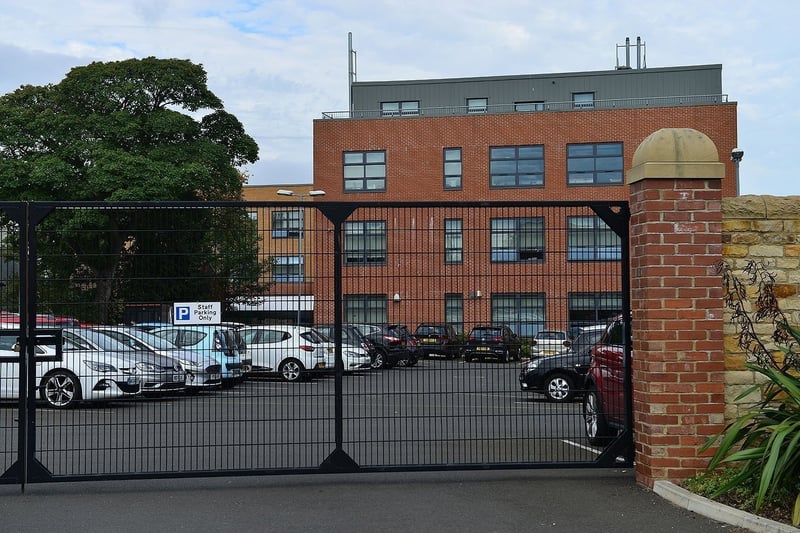The Department for Education (DfE) has today (February 1) published its final Progress 8 scores, used to assess the academic performance of schools and pupils who sat GCSE examinations in 2023, and we have collated the information to show which Sunderland schools made the most progress with pupils.
Provisional scores were initially published in October, but the final revised scores now include any remarks and grade adjustments which have taken place.
Each school is given a statistically calculated positive or negative value which is used to assess the progress made by pupils of the same assessed starting point when they sat their Standard Assessment Tests (SATs) in Year 6 and the results then achieved in their GCSEs in Year 11.
It was introduced in 2016 as a fairer way to assess a school’s academic performance, rather than simply looking at raw grades and outcomes.
A score above zero represents that pupils made more progress, on average, than pupils across England who got similar results at the end of Year 6 while a score below means, on average, they made less.
Three Sunderland Local Authority mainstream schools had a positive reading, while 15 had a negative value.
The city’s schools recorded a Progress 8 average of -0.5, meaning pupils across the city, on average, made less progress than was achieved nationally.
After inflated results during the Covid pandemic, in 2023 exam boards were directed to ensure attainment returned to be in line with pre-pandemic levels. It was a directive which a number of headteachers in the city had concerns about, citing the disruption caused by the pandemic to this cohort of pupils earlier in their education and the uneven levels of impact the pandemic had on the city’s schools.
A Progress 8 score is calculated based on how pupils have performed in eight subjects, including English, Maths and the sciences, and statistically assessing their scores, on average, against how pupils with the same Year 6 SATs results nationally have performed in their GCSEs.
A value is then given for the school as to whether pupils have made the expected amount of progress.
The scores awarded for Maths and English are given double weighting, to reflect the importance of these subjects. Other subjects included in a Progress 8 calculation includes Computer Science, History, Geography and languages.
A score of plus one means that pupils with the same SATs results are achieving, on average, one grade more than their national peers in their GCSEs, while a score of minus one, means on average they are attaining one grade less.
Check out the following results to see how your son or daughter’s school has performed.

1. St Aidan’s Catholic Academy
St Aidan’s Catholic Academy achieved a Progress 8 score of +0.28 which is above the Local Authority average of -0.5.

2. St Robert of Newminster Catholic School and Sixth Form College
St Robert of Newminster Catholic School and Sixth Form College achieved a Progress 8 score of +0.04 which is above the Local Authority average of -0.5.

3. St Anthony’s Girls Catholic Academy
St Anthony's Girls Catholic Academy achieved a Progress 8 score of +0.02 which is above the Local Authority average of -0.5.

4. Oxclose Community Academy
Oxclose Community Academy achieved a Progress 8 score of -0.02 which is above the Local Authority average of -0.5.

